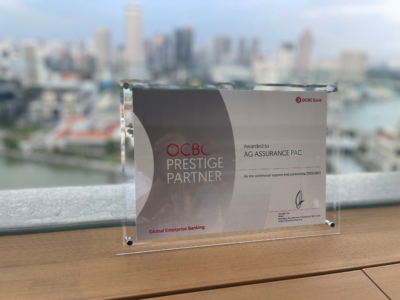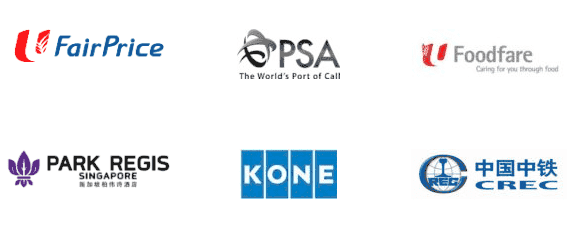Many entrepreneurs in Singapore generally begin with a small business enterprise, which typically consists of a sole proprietor. A sole proprietorship is the most common form of business ownership since it is considered the most straightforward and least costly business structure to operate.
However, as your business develops and expands, remaining as a sole proprietor may not be the best option in the long run. Furthermore, sole proprietorships also face several limitations. To overcome these hurdles, business owners can consider converting their sole proprietorship into a private limited company. Let us share three reasons why you should consider making this switch.
1. Separate legal identity
A sole proprietorship is a business that is owned and controlled by an individual. In the eyes of the law, the company and its owner are treated as a single entity. So, if you are a sole proprietor and someone sues your business, your name and reputation are also at stake.
Conversely, owners of private limited companies do not share this concern as they are considered separate legal entities. As a result, the company’s ownership is transferable, so the business can continue even after the death of one or more shareholders. This distinction means your reputation remains untarnished even when a legal case is lodged against your company.
2. Limited liability
As a sole proprietor, you are responsible for all the losses and debts incurred by your company. When this scenario happens, you will be forced to shell out your savings to save your business. In the worst-case scenario, you can end up bankrupt if your company closes down.
If you convert your sole proprietorship to a private limited company, any liability incurred will be limited to the investment in the business. This limited liability significantly reduces the financial risks of the various shareholders. You and your fellow shareholders do not have to be liable for any debt acquired by the company, and your assets will be safe and sound.
3. Lower taxes
Since an entrepreneur shares a legal identity with a sole proprietorship, any profit generated by the business will be taxed according to the individual tax rate, which can range from 0% to 22%, depending on your chargeable income. On the other hand, the profit of a private limited company is subjected to corporate income tax, which has a 17% flat rate. Additionally, the business is also eligible for local tax exemptions and incentives.
Singapore’s attractive corporate tax rate is one of the primary reasons many entrepreneurs are looking to start a business in the country. However, it is vital for any business owners to file their tax on time to avoid additional charges. At Ackenting Group, we offer efficient and reliable tax and accounting services. With the help of our seasoned accountants, you can ensure your company stays on top of its taxes and everything is in accordance with IRAS guidelines.
Conclusion
There are various benefits that come with converting your sole proprietorship into a private limited company. However, it is also crucial to know that the conversion might result in higher compliance costs. To maximise your company’s potential, you should carefully consider the best interest of your business before making a decision. Should you wish to make the switch, we also provide hassle-free incorporation services to fulfil your every need. We can guarantee you peace of mind as we ensure your business meets every incorporation requirement.
If you require any assistance on accounting services, feel free to drop us an email at johnwoo@ag-singapore.com or contact us at +65-66358767. At Ackenting Group, we offer a complimentary 30 minutes online consultation for us to better understand your business requirements.














